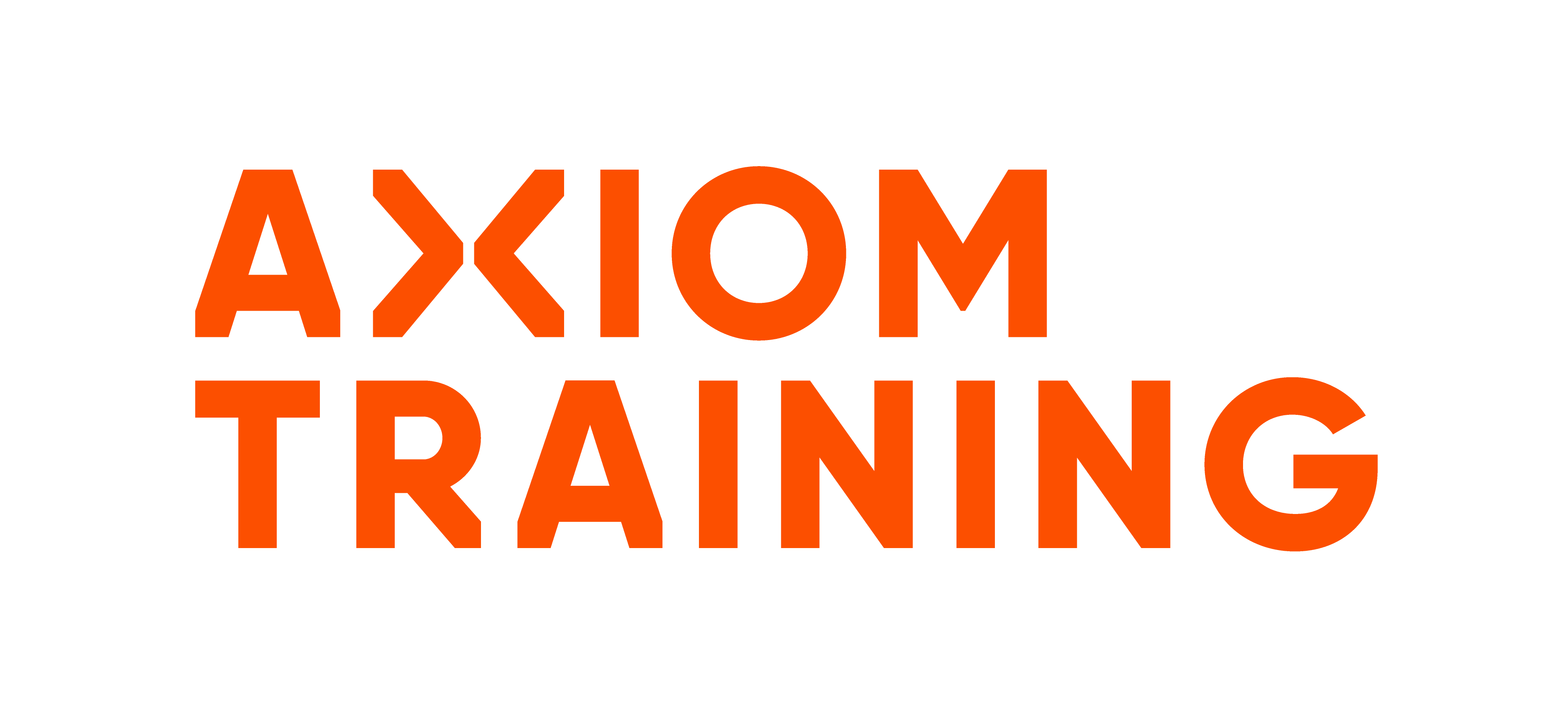White Paper: Resilience
Building Resilience - cope, speak up, bounce back
Build resilience for safer workplaces - cope, speak up, bounce back. This highlights how resilience skills can help individuals and organizations promote workplace safety by coping with stress, speaking up about potential hazards, and recovering from setbacks.
Resilience skills can have a huge impact on your life and also workplace safety. Firstly, having resilience skills can help individuals cope with stress and adversity, which are common in many workplace settings. This can help prevent accidents and injuries by allowing people to remain calm, focused, and level-headed in challenging situations.
Secondly, resilient individuals are more likely to take initiative and speak up about potential safety concerns, rather than staying silent due to fear or uncertainty. This can help identify and address potential hazards before they become more serious problems.
Resilience skills can help individuals bounce back from accidents or setbacks, allowing them to recover more quickly and effectively from injuries or other adverse events. This can help minimize the impact of accidents on both individuals and the organization as a whole.
Whether it be to support the health and safety or for your own personal growth, we can all benefit from building up some of this resilience armour.
So how do you build resilience?
Practice self-care
Taking care of yourself physically and mentally is an important part of building resilience. Make sure you're getting enough sleep, eating a healthy diet, and engaging in activities that you enjoy and that help you relax.
Build your support network
Having a strong support network of family, friends, and colleagues can help you build resilience. Make time to connect with others and seek out help and support when you need it.
Seek out challenging experiences
Building resilience often requires facing and overcoming challenges. Look for opportunities to take on new challenges and learn from them.
Seek out resources:
Explore resources to build resilience - books, articles, TED talks, and more!
Check out this TED talk as a starting point: https://www.youtube.com/watch?v=NWH8N-BvhAw.
By practicing these strategies, you can develop resilience skills that will help you cope with stress and adversity, speak up about potential hazards, and recover from setbacks.




